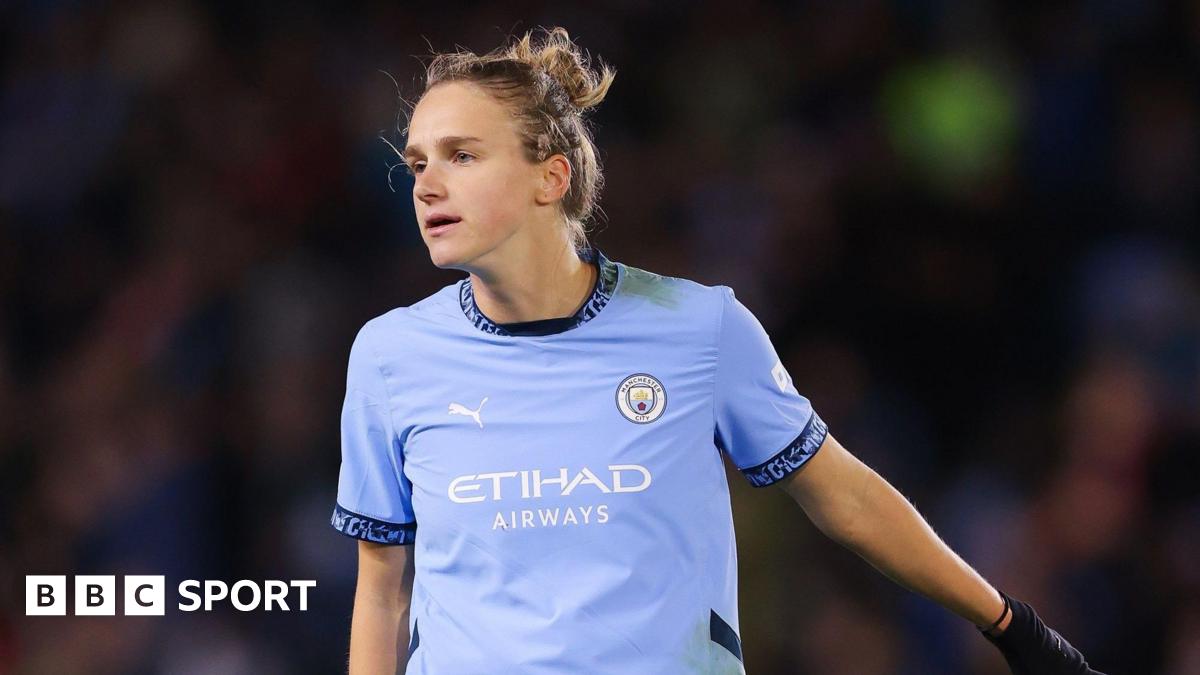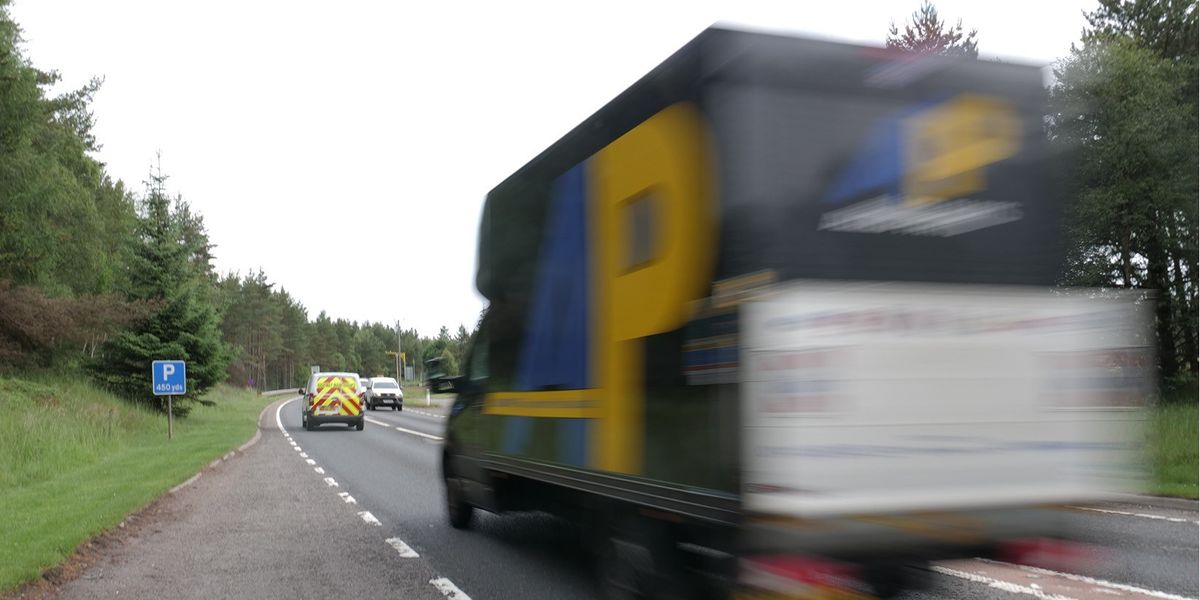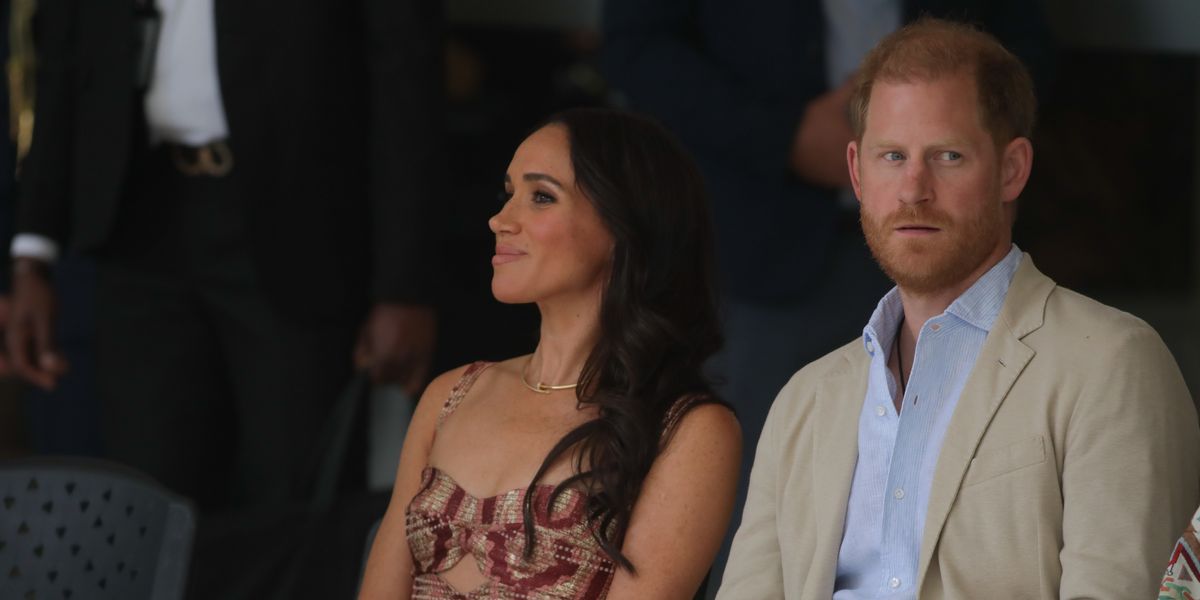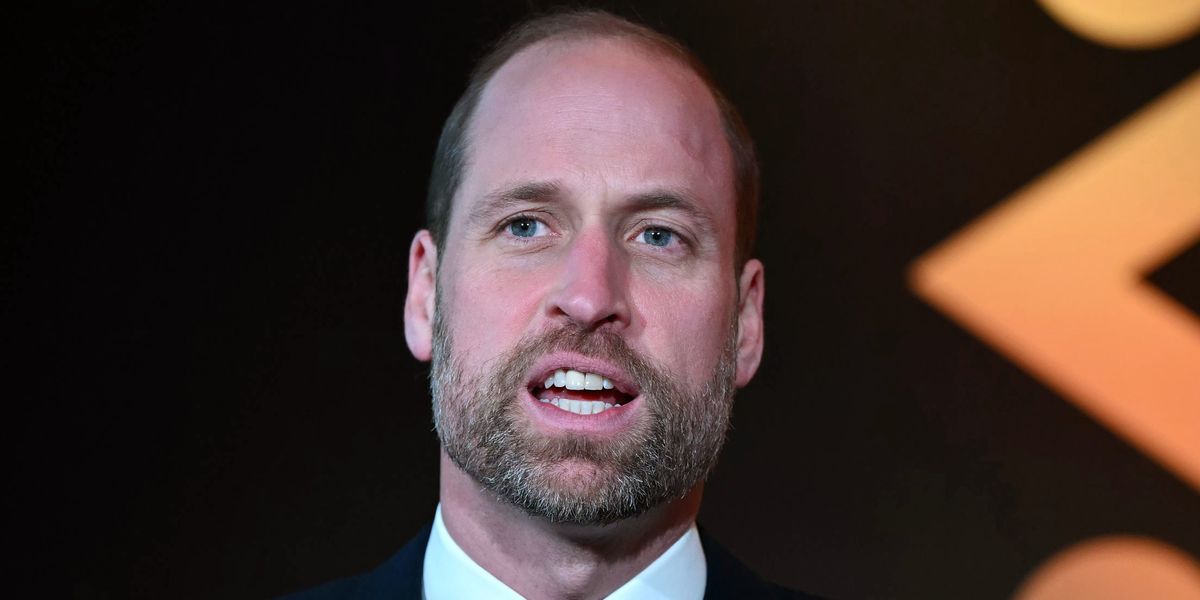BBC iPlayer cannot compete with Netflix and Prime Video when it comes to new content to watch on the streamer, Ofcom’s BBC Audiences Review reveals.
Not only that, but public perception of iPlayer is also an issue that needs to be addressed – with most licence fee payers thinking of the streamer as a catch-up service, not somewhere to find new and exciting boxsets.
The numbers, gathered by Ampere Analysis, show a clear disparity between the number of new shows and movies added to streamers.
- Netflix | 49,690 hours of new content in 2022
- Prime Video | 40,390 hours of new content in 2022
- BBC iPlayer | 28,439 hours of new content in 2022
- All4 | 19,633 hours of new content in 2022
- Disney+ | 17,328 hours of new content in 2022
- ITVX | 11,337 hours of new content in 2022
- Apple TV+ | 888 hours of new content in 2022
Ironically, a number of the shows that make up that towering total on Netflix started life on BBC. Series like Peaky Blinders and Killing Eve enjoyed blockbuster viewing figures and global critical acclaim, but audiences rarely associate these shows with their origins on the Beeb.
As highlighted by Ofcom, “there is a risk people may not give the BBC enough credit for making different types of content that they found appeals to their tastes and preferences.”
BBC has tried to highlight complete boxsets, where viewers can binge every episode back-to-back as popularised by Netflix, in its TV apps
BBC PRESS OFFICE
When it comes to comedy, audiences were particularly vocal about their feelings on recent output from the Beeb.
According to Ofcom research, BBC content was seen as increasingly “safe”. Some believe the output was overly politically correct. In explaining what they meant, people highlighted shows and presenters they’d enjoyed in the past but felt would no longer be welcome at the BBC, including Ricky Gervais (who now collaborates with Netflix) and Jeremy Clarkson (who has several shows on Prime Video).
Many of the participants in the study told researchers they felt the BBC used to produce world-leading comedy content, but that this is now often seen as not edgy enough for modern tastes and they miss the “fun” element of the BBC’s programming.
In terms of value for money for the thousands of hours of content available to watch, the BBC licence fee costs £159 per year. Of course, that unlocks a lot more than access to BBC iPlayer, but if the BBC is indeed considering a shift to a subscription-style model, then that £159 price tag is purported to be the minimum amount that subscribers would be charged, with some estimating it would cost over £200.
For comparison, an annual subscription to Netflix costs between £59.88 (if you’re willing to put up with adverts) and £131.88. The latter offers a comparable experience to what you’ll get with BBC iPlayer, with streaming in High Definition, downloads to watch offline, and the ability to watch from multiple devices simultaneously. Prime Video costs £5.99 per month as a standalone service, but it’s also included as part of the £95 annual Amazon Prime membership, which also bundles next-day delivery, unlimited cloud backup for your photos, and music streaming too.
Apple TV+ is an outlier as it doesn’t offer any syndicated shows on its service, instead focusing on big-budget prestige series and films. That results in a much, much lower output each year. However, you’ll often benefit from a few months of free access to the streamer with the purchase of a new Apple device, like an iPhone or iPad, so it doesn’t compete directly with the likes of Netflix or Prime Video.
Netflix has a mixture of syndicated shows, like The Office from NBC, films from Hollywood studios, like The Grinch, as well as its exclusive content, like Squid Game, Wednesday, Bridgerton, and Stranger Things
NETFLIX
As noted by Ofcom, iPlayer does outpace every other public service broadcaster’s streaming service offering. The closest competition is All4, which uploaded almost 10,000 fewer hours of content in 2022. The BBC Audiences Review highlights this dilemma: “Some expressed a sense of feeling restricted when using BBC iPlayer, as they believed its catalogue to be significantly smaller than that of other platforms.
“They particularly appreciated Netflix for its perceived constant addition of new content, which was felt to assure viewers of an endless supply of material to watch, coupled with how they deliver personal recommendations more effectively.”
Interestingly, the solution for the BBC might not necessarily be thousands of hours of new shows added to the streamer. Another common complaint with iPlayer unearthed by Ofcom during its in-depth review was the lack of personalisation and recommendations.
Viewers were attracted to streaming services with “a more targeted and personalised choice” since this “gave them the comfort of not having to think too much about what they were going to watch, as the algorithm would essentially do it for them.”
“This enabled an easy connection with these services which they did not feel with BBC iPlayer, which was seen to be more a library of older content, accessed when the user knows the particular programme they are looking for, not for discovery,” the report reads.
Netflix is powered by a complex algorithm, which suggests new shows and films based on your viewing history, what’s popular in your country, and your past ratings.
The US streamer will also highlight big-budget new arrivals on the homepage and send notifications to phones and tablets when new shows, episodes, or films land in the catalogue. This helps to solidify the impression that Netflix is a vibrant platform regularly refreshed with new and exciting content.
BBC iPlayer requires viewers to sign-in with an account so that it can monitor their viewing history to make better recommendations …but it seems viewers aren’t seeing the results.
The last hurdle for iPlayer highlighted in the Ofcom report is a problem with how the streamer is perceived by the public. Originally launched as a way to re-watch and catch-up with shows after they’ve aired on terrestrial television, BBC iPlayer has struggled to shake off this image – despite several boxsets now appearing on iPlayer before their broadcast.
Viewers know to immediately launch iPlayer on their Smart TV, smartphone, tablet, or Sky set-top box when they want to watch something after the initial transmission date. However, few regularly open the BBC-branded streamer to seek out new shows, look for a film to watch, or start a documentary series binge-watch.
Despite these hurdles, the BBC Audiences Review has a number of very positive takeaways for licence fee-funded broadcaster.
Those surveyed felt the BBC was achieving its goals around education and news, viewers also “saw the BBC as the home of big national sporting events, such as Wimbledon or the Olympics and other ceremonial or traditional events such as Royal Weddings or, more recently, the death and funeral of HM Queen Elizabeth II,” the report states.
BBC is also overachieving with its accessibility features, with 100% of its shows subtitled and 20% of programming now audio-described (compared to a 10% target). It has also innovated in its provision of access services, such as with live audio description of Strictly Come Dancing which began with the latest series.
There are no dedicated accessibility targets for iPlayer, but the Beeb offers subtitling on 87% of BBC iPlayer programmes, audio description on 14%, and sign interpretation on 8% of content.
With a major shake-up to the TV licence fee coming soon, the BBC Audiences Review highlights some interesting areas for the Beeb to focus on. To remain competitive and relevant in the face of increased competition from Netflix, Amazon, ITV and Channel 4 …it should invest heavily in content discovery.
Highlighting new boxsets, films, and gems from the back catalogue (that some viewers might mistakenly associate with Netflix and other US streamers) would be a good way to combat the feeling that iPlayer is more static and offers fewer options than its competitors.
Shouting about these new discoverability features in a big marketing push could help to combat the idea that BBC iPlayer is nothing more than a “catch-up service” for those who missed the linear transmission on BBC One or BBC Two.











